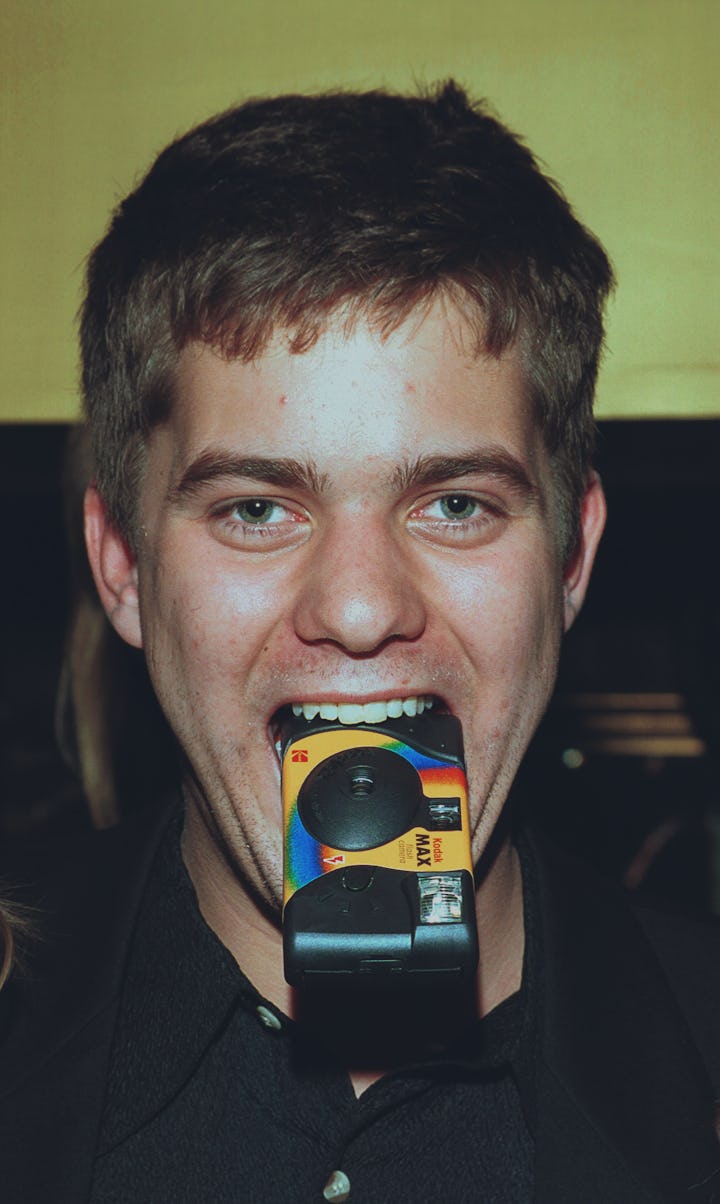Joshua Jackson Talks Pacey-Era Imposter Syndrome: It All "Felt Very Unreal"
Joshua Jackson opened up about what it’s like to have early career success and the imposter syndrome that followed him because of it.

Joshua Jackson has been in show business for a long time. He rose to fame in childhood, portraying Charlie Conway in Mighty Ducks. But it was his role as Pacey Witter in the classic teen drama Dawson's Creek that skyrocketed him to heartthrob fame — and it was apparently fame that Jackson didn’t know how to quite handle. In a recent interviews with Bustle and Fatherly, Jackson opened up about what it’s like to have early career success and the imposter syndrome that followed him because of it.
“People still call me Pacey all the time,” Jackson admitted in the interview. He also said that leaning into his role of Pacey at the time wasn’t easy for him.
“Mostly, my experience of that time in my life was a huge amount of impostor syndrome,” he said. “I was a 20-year-old trying to figure it out. I didn’t feel I was a role model for anybody. Suddenly, every month, I’m making more than any of my friends’ parents were making in a year,” Jackson recalled.
“And you get the sense of I don’t deserve any of this. That all felt very unreal to me, very dissociative, if I’m being honest.”
When Dawson’s Creek ended, Jackson now calls that time the “post-Dawson’s wilderness,” where he tried to find his place in Hollywood. He starred in low-budget horror movies and tried to land a big-budget superhero movie — auditioning to play Batman in The Dark Knight trilogy, which he obviously didn’t land.
Today, as a married man with a daughter—marrying Jodie Turner-Smith in 2019 and welcoming their daughter a year later — Jackson sees the struggle with gratitude and has learned important lessons because of it.
“It’s not a parabolic trajectory, right?” he said about the ups and downs of his career. “It doesn’t just go up. I continue to find joy in the thing itself. This business spends a lot of time trying to distract you with pretty shiny things.”
Continuing: “The point of the game, as I see it now, is to survive the ebbs and flows.”
To read the full interviews, head to Bustle and Fatherly.
This article was originally published on